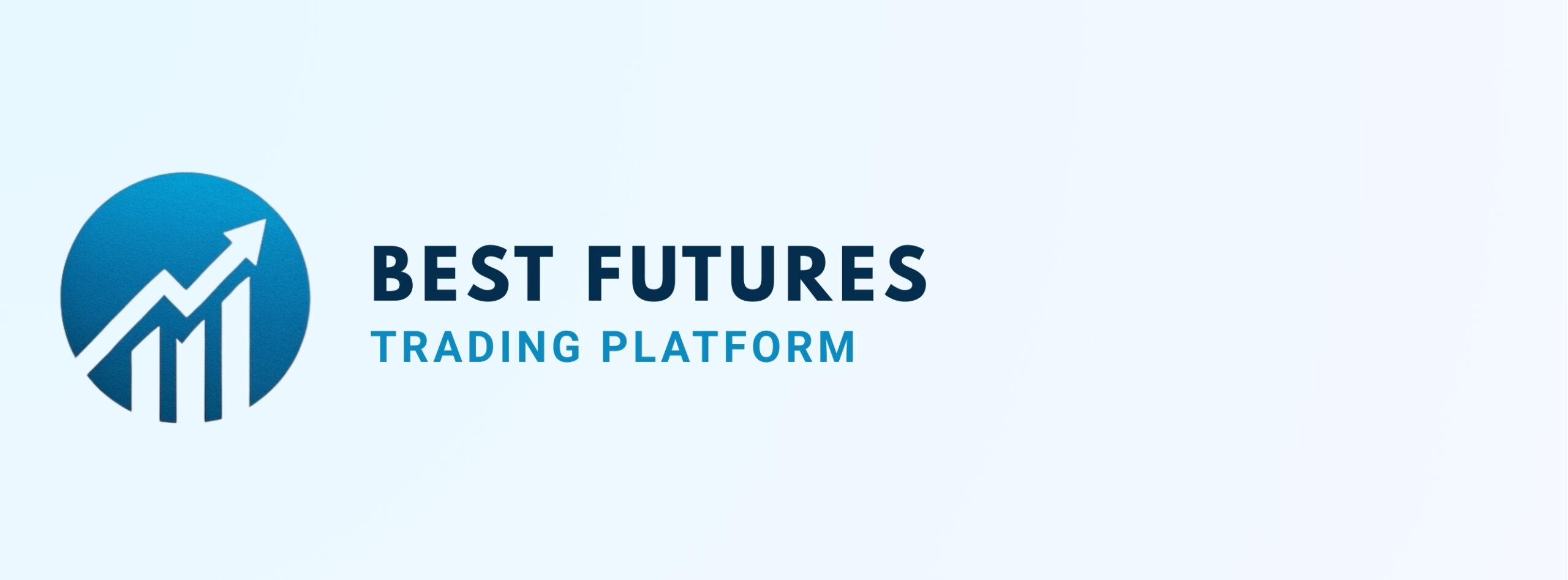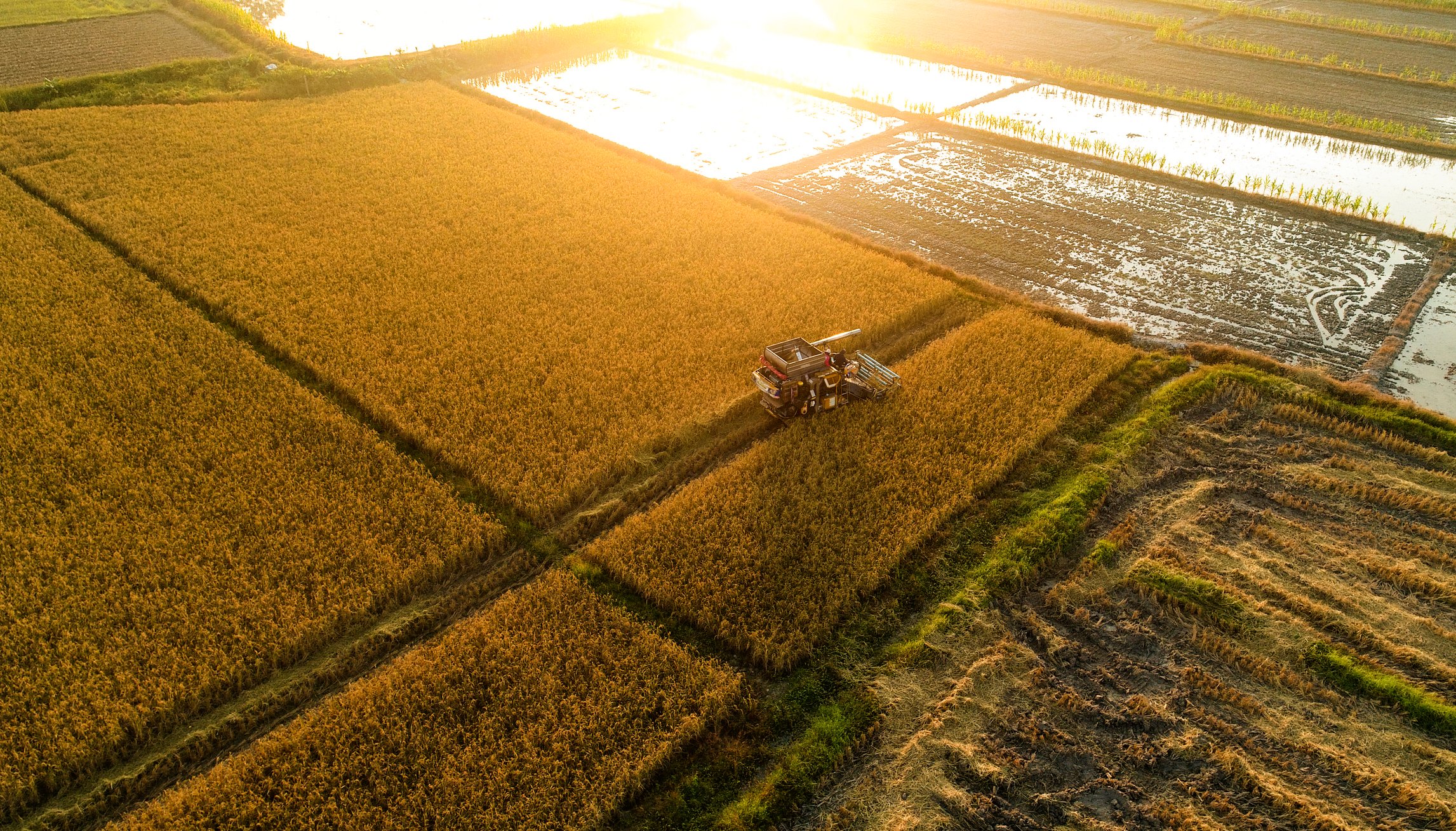Introduction
Lean hogs futures are key contracts for traders and agricultural professionals looking to capitalize on volatility in the pork market. These futures reflect expectations for U.S. pork prices and are heavily influenced by feed costs, herd sizes, export demand, and disease outbreaks.
The lean hogs futures market remains one of the most dynamic agricultural derivatives for trading supply chain disruptions, inflationary pressures, and protein consumption trends. With increasing global demand for pork — especially from Asia — and tightening U.S. production margins, lean hogs present strategic opportunities for futures traders.
This article covers everything from contract specs and USDA reports to risk management, trading platforms, and strategies, giving you a comprehensive 2025 blueprint for trading lean hogs futures with precision.
What Are Lean Hogs Futures?
Lean hogs futures are standardised exchange-traded contracts that allow market participants to buy or sell pork (in its lean, uncooked form) for future delivery. These contracts are listed on the CME Group and primarily track U.S. pork production trends.
They’re used for:
- Hedging: By producers and processors
- Speculation: By traders aiming to profit from supply/demand shifts
- Arbitrage: By firms active across protein markets
Lean Hogs Futures Contract Specs
| Feature | Value |
|---|---|
| Ticker | HE |
| Contract Size | 40,000 lbs (lean hogs) |
| Tick Size | $0.00025/lb |
| Tick Value | $10 |
| Price Quotation | USD per pound |
| Settlement | Cash-settled |
| Exchange | CME Group |
Example: A $0.02 move = $800 gain or loss per contract.
Why Trade Lean Hogs Futures?
- Global Pork Demand – Asia, especially China and South Korea, continues to dominate import demand.
- Seasonality – Pork prices typically peak in summer (grilling season) and fluctuate based on breeding cycles.
- Disease Risk – African Swine Fever (ASF), PEDv, or other outbreaks can decimate herds and spike prices.
- Feed Cost Volatility – Soybean and corn prices directly affect production margins and lean hogs futures pricing.
Who Trades Lean Hogs Futures?
Fundamental Drivers of Lean Hogs Futures
- USDA Reports – Key data from Hogs and Pigs Report, Cold Storage Report, and WASDE affect price expectations.
- Feed Markets – Higher feed costs (soy, corn) reduce hog supply, influencing lean hogs futures.
- Disease & Weather – Health outbreaks and heat waves disrupt breeding and herd development.
- Export Demand – China’s reopening or export bans reshape global price equilibrium.
Lean Hogs Futures Trading Strategies
🔁 Seasonal Spread Trading
Go long spring–summer contracts and short fall–winter when prices tend to rise on grilling demand.
📊 USDA Event Setup
Fade overreactions or momentum-trade bullish/bearish surprises in quarterly Hogs & Pigs reports.
🔄 Mean Reversion
Lean hogs often revert to fair value based on supply-demand ratios. Use RSI, MACD, or Bollinger Bands for entries.
🔥 Breakout Trades
Identify narrow range periods and play breakouts using volume and candlestick signals.
Related: Futures Trading Strategies in 2025
Sample Trade Setup Scenario
| Contract | HEZ25 (December) |
|---|---|
| Entry | 85.000 |
| Target | 90.000 |
| Stop | 83.500 |
| Contracts | 1 |
| Risk | 1.500 × 40,000 lbs = $600 |
| Reward | 5.000 × 40,000 lbs = $2,000 |
| R/R Ratio | ~3.3:1 |
| Notes | Monitor cold storage trends and corn/soybean price action for confirmation. |
Margin & Leverage in Lean Hogs Futures
| Metric | Value |
|---|---|
| Notional Value | ~$35,000–$40,000 |
| Initial Margin | ~$2,000 |
| Maintenance | ~$1,500 |
| Leverage | ~17:1 |
💡 Use micro sizing or synthetic spreads to reduce exposure if you’re new to agricultural volatility.
Best Platforms to Trade Lean Hogs Futures
| Platform | Best For | Features |
|---|---|---|
| StoneX | Institutional & Pro | Deep CME access, clearing, advanced execution tools |
| Edgeclear | Active Futures Traders | Low-cost commissions, tailored risk management |
| Interactive Brokers | Macro/Multi-Asset | Global access to ag futures, robust margin tools |
| NinjaTrader | Technical Traders | Advanced charting, automation strategies |
| AMP Global | Retail Traders | Competitive pricing, fast trade routing |
Lean Hogs vs Live Cattle Futures
| Feature | Lean Hogs | Live Cattle |
|---|---|---|
| Contract Size | 40,000 lbs | 40,000 lbs |
| Settlement | Cash-settled | Physical |
| Volatility | Higher | Lower |
| Seasonal Influence | Summer grilling | Fall holiday demand |
| Export Sensitivity | Very High (China) | Moderate |
Next Step
Compare leading futures brokers and platforms for your strategy and risk profile.
Explore ReviewsGlossary – Lean Hogs Futures
- HE Contract
- The ticker symbol for lean hogs futures.
- Cash-Settled
- Settled in cash instead of physical delivery.
- WASDE
- USDA’s World Agricultural Supply & Demand Estimates.
- Cold Storage Report
- U.S. inventory levels of frozen pork.
- Hedging
- Using futures to offset physical market risk.
- Basis
- Difference between futures price and local cash prices.
- Contango/Backwardation
- Relationship between front and back month pricing.
Conclusion
Lean hogs futures remain one of the most volatile and opportunity-rich contracts in the agricultural futures complex. As pork demand rebounds globally and production margins face pressure from feed inflation and disease risk, traders who understand the nuances of the lean hogs market are positioned for potential success.
Whether you’re building spread trades, reacting to USDA data, or managing protein exposure, lean hogs futures provide a compelling balance of liquidity, leverage, and market structure.
📍 Learn more at bestfuturestradingplatform.com

